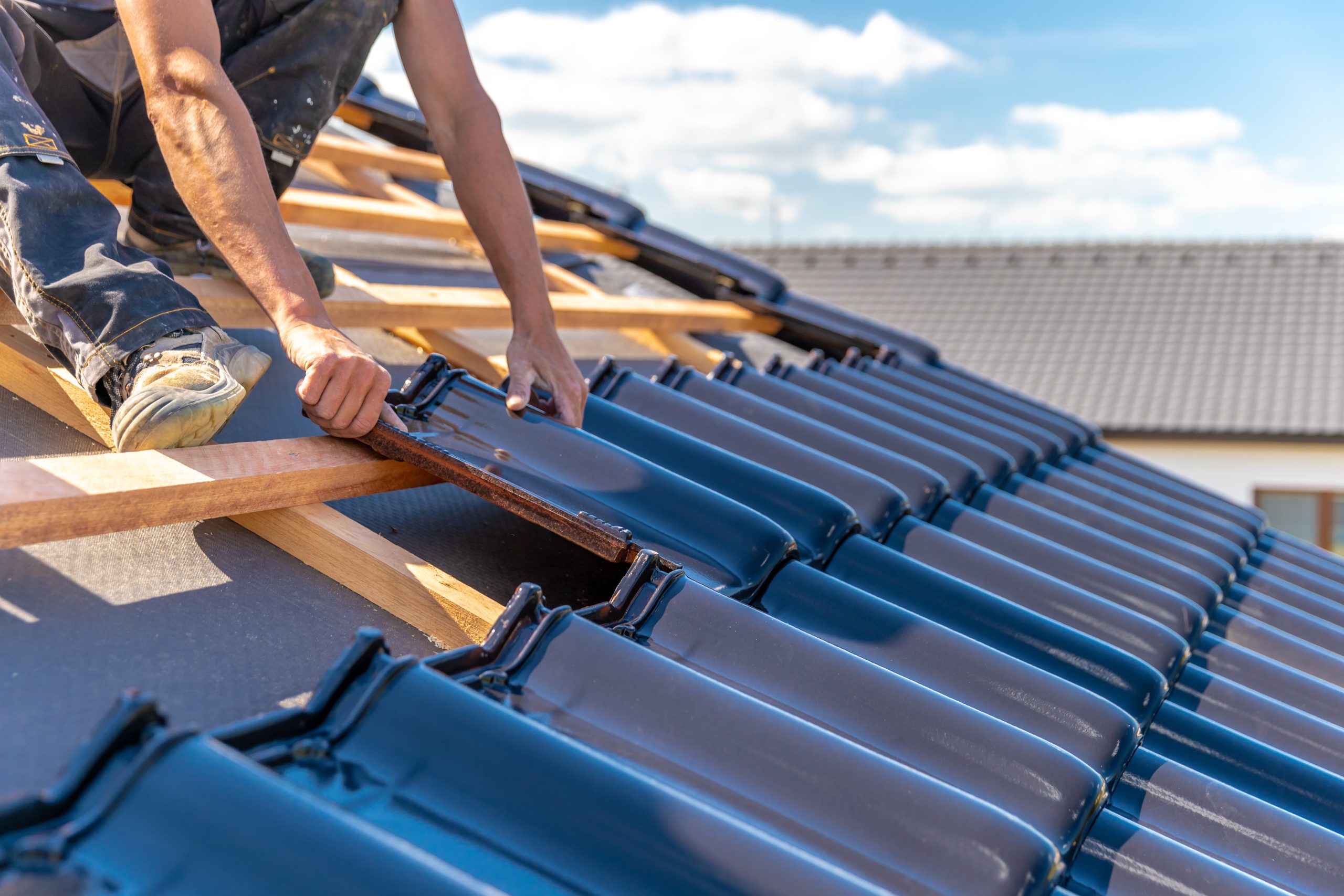Choosing the right flooring for your home is one of the most important decisions when renovating or building in the UK. From damp winters to humid summers, the UK climate can significantly affect the durability and comfort of your flooring. In this guide, we’ll help you make informed choices to ensure your floors look great and last for years.
Why Flooring Choice Matters in the UK
The UK’s weather conditions—cold winters, wet seasons, and occasional heatwaves—can affect different types of flooring in unique ways. Choosing the wrong flooring can lead to warping, cracking, or excessive maintenance costs. A careful selection ensures:
- Long-term durability
- Comfort and insulation
- Resistance to moisture and humidity
- Increased property value
Popular Flooring Options and How They Perform in UK Weather
1. Hardwood Flooring
- Pros: Elegant, durable, adds value to property, natural insulation.
- Cons: Susceptible to moisture damage; requires proper underlay and maintenance.
- Best Practices for the UK: Use engineered hardwood with moisture-resistant finishes, maintain humidity between 40–60%, avoid installation in damp areas like bathrooms.
2. Laminate Flooring
- Pros: Affordable, easy to install, resistant to scratches.
- Cons: Can warp with prolonged water exposure.
- Best Practices for the UK: Choose laminate with water-resistant backing, ideal for living rooms, bedrooms, and hallways. Avoid high-moisture areas.
3. Vinyl Flooring
- Pros: Waterproof, low maintenance, wide variety of designs.
- Cons: Can dent under heavy furniture, less natural look compared to hardwood.
- Best Practices for the UK: Great for kitchens, bathrooms, and basements. Consider luxury vinyl planks for realistic wood or stone finishes.
4. Carpet
- Pros: Warm, comfortable, excellent for insulation.
- Cons: Prone to damp-related issues in wet areas, can stain easily.
- Best Practices for the UK: Ideal for bedrooms and living rooms; use moisture barriers in damp-prone areas.
5. Tile Flooring
- Pros: Extremely durable, easy to clean, moisture-resistant.
- Cons: Cold underfoot in winter, requires grouting maintenance.
- Best Practices for the UK: Use underfloor heating in bathrooms and kitchens for comfort. Consider textured tiles to reduce slipperiness in wet conditions.
Tips for Flooring Longevity in UK Homes
- Check for moisture barriers: Especially in basements, bathrooms, and kitchens.
- Regular maintenance: Clean spills immediately to avoid water damage.
- Use rugs and mats: Protect high-traffic areas from wear and tear.
- Proper installation: Always hire certified professionals to ensure flooring handles local weather challenges.
- Climate-adapted materials: Opt for engineered or treated materials that can withstand humidity and temperature fluctuations
How RDFinishersNW Can Help
At RDFinishersNW, we provide expert flooring services across the UK. Whether you’re installing hardwood, laminate, vinyl, or tiles, our team ensures:
- High-quality installation and finishing
- Expert advice tailored to your home and the UK climate
- Durable, long-lasting results that enhance property value
We understand the challenges posed by UK weather and guarantee flooring solutions designed to withstand it.
Conclusion
Selecting the right flooring for UK weather conditions doesn’t have to be complicated. By understanding your options and choosing materials suited to the climate, you can enjoy a beautiful, durable, and low-maintenance floor that enhances both comfort and property value.
For professional guidance and expert installation across the UK, contact RDFinishersNW today. Let us help you transform your home with the perfect flooring choice.
FAQs
What flooring is best for wet UK areas like kitchens and bathrooms?
Vinyl, tile, or moisture-resistant laminate flooring works best due to their water resistance and durability.
Can hardwood flooring handle UK winters?
Yes, but engineered hardwood with proper underlay and humidity control is recommended to prevent warping.
How do I maintain laminate flooring in high-traffic UK homes?
Clean spills immediately, avoid excessive water, and use protective rugs or mats to prevent scratches.

